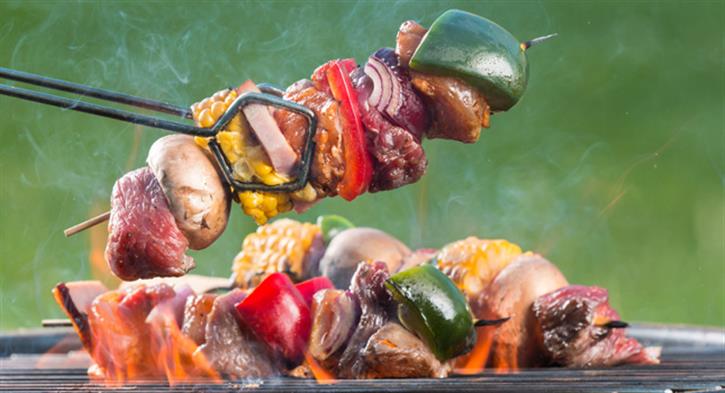

The warmer weather has certainly heralded the start of spring. Taking this into account, the UK Liquefied Petroleum Gas Association (UKLPG) is encouraging installers doing their rounds to encourage LPG users to ensure their cabinet heaters are stored safely for the summer months and LPG cylinders are checked, safe and ready for the start of the BBQ season.
Householders putting their cabinet heaters away for the warmer season should store these in a well ventilated area away from combustible material. The cylinder must first be disconnected before being put carefully into storage to avoid damage. The unit should then be stored in its original packaging in a dry and dust-free environment such as an outhouse.
For users getting ready to take out their cylinders to use LPG in cooking, UKLPG has developed a checklist of advice to ensure all users are conscious about safety when it comes to using the fuel. According to the Nationwide Caterers’ Association (NCASS), it is expected the outdoor catering trade alone will consume up to 700,000 LPG cylinders due to its increasing popularity at festivals, sporting events and fetes, all alongside standard domestic use.
Rob Shuttleworth, UKLPG's chief executive comments: "LPG is an extremely versatile and portable fuel. More and more people are turning to it due to its ability to make cooking outdoors simple, quick and easy. As well as making sure heating cabinets are stored away for the warmer months, we’re urging users to incorporate a cylinder safety check as part of their annual spring clean. We believe our simple safety messages will result in everyone looking forward to BBQ season without the worry."
Cylinder safety checklist
As part of its efforts to get Britain BBQ ready, UKLPG has drawn up a 10 point cylinder safety checklist:
"We hope this checklist will help clarify cylinder safety and maintenance but if users have any doubts or questions, they should contact their gas supplier," Mr Shuttleworth concluded.
If you'd like to keep up-to-date with the latest developments in the heating and plumbing industry, why not subscribe to our weekly newsletters? Just click the button below and you can ensure all the latest industry news and new product information lands in your inbox every week.